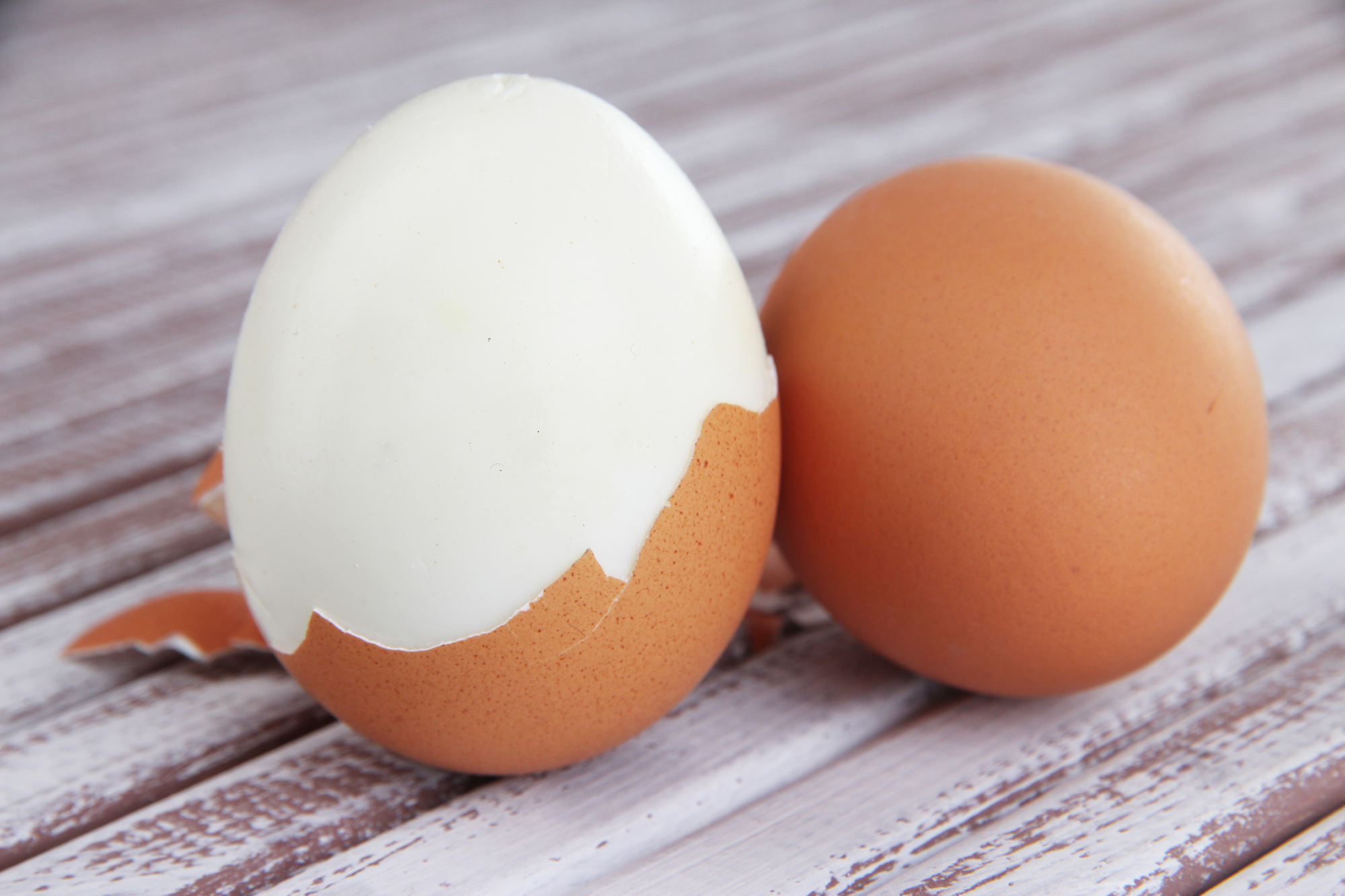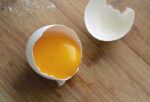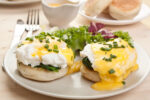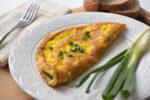
How to Properly Boil Eggs
Eggs for boiling cannot be too fresh, or boiled too soon after they are laid. The fresher the eggs are the better, and the more healthful.
A longer time should be allowed for boiling a new-laid egg than for one that is three or four days old. Eggs over a week old should never be boiled; but they will do to fry.
Wipe eggs clean all over with a wet cloth. It is true that the shells are never eaten, but still, if brought to the table dirty and discolored, they look slovenly, disgusting, and vulgar, such as are never seen in good houses.
INFORMATION BELOW FROM 1800s COOKBOOKS
PREVENT BOILED EGGS FROM CRACKING
The following suggestions are given in regard to boiling eggs. Use the one best suited to the purpose:
~ When boiling eggs, wet the shells thoroughly in cold water and they will not crack.
~ Prick one end of each of the eggs with a needle before placing them in the water. This makes an outlet for the air and keeps the shells from cracking.
~ Put the eggs into the water gently with a spoon, letting the spoon touch the bottom of the saucepan before it is withdrawn, that the egg may not fall and consequently crack.
~ If eggs which you are about to boil are cracked, add a little vinegar to the water and they can then be boiled as satisfactorily as undamaged ones.
~ Or a spoonful of salt can be added to the water. The salt will prevent the white of the egg from coming out.
TO BOIL EGGS
For those who like eggs lightly boiled, three minutes will be found sufficient; four minutes will be ample time to set the white nicely; and if liked hard, six or seven minutes will not be found too long. Should the eggs be unusually large, allow an extra half minute for them.
Eggs for salad should be boiled for ten or fifteen minutes, and should be placed in a basin of cold water for a few minutes to shrink the meat from the shell. They should then be rolled on the table with the hand and the shell will peel off easily.
SOFT-COOKED OR JELLIED EGGS
Eggs that are cooked soft, or jellied, when properly prepared, are both digestible and attractive.
Lay the clean eggs in lukewarm water for five minutes. Bring to the boiling point sufficient water to cover well the desired number of eggs, which is usually one pint of water to each egg.
Then drop the eggs into the water carefully, remove the pan from the fire, place a cover on it, and set it on the back of the stove, where the water will not heat further nor cool too rapidly. Allow the eggs to remain in the water for five minutes.
When eggs cooked in this manner are served, they will be found to be the consistency of jelly all the way through.
HARD-COOKED EGGS
If hard-cooked eggs are not well masticated, they are apt to cause distress during digestion. To insure thorough mastication, it is well to chop them fine and mix them with some other food. Hard-cooked eggs used in this way cause no digestive disturbances to the normal person.
If they are not to be served hot, pour cold water over them and allow them to cool before removing the shells in order to prevent the yolks from discoloring.
BOILED EGGS AT THE TABLE
The best way to manage a boiled egg at the table is the English way of setting it upright in the small end of the egg-cup, making a hole in the top large enough to admit the egg-spoon, and eating it from the shell, seasoning as you go on.
Heat and taste are undoubtedly better preserved by this method than by any other. Those who cannot afford gold-washed spoons can procure pretty ivory ones at a trifling cost, or small teaspoons will serve the purpose.
SCOTCH EGGS FOR BREAKFAST
Boil six eggs twenty minutes. When cold, remove the shells. Roll in sausage meat about one-half inch thick all over and put in the ice box overnight. Then fry, turning all the time till brown. Cut them open before serving
SCOTCH EGGS No. 2 ~ Take one cup cooked lean ham chopped very fine, one-third cup stale bread crumbs, one-third cup milk, one-half teaspoon of mixed mustard and cayenne, one raw egg, and six hard-boiled, shelled.
Cook the bread and milk together until a smooth paste. Add to the ham, add the seasoning and raw egg, and mix thoroughly. Cover the hard-boiled eggs with this mixture. Put in a frying basket, and plunge into boiling fat for two minutes. These are nice for lunch, tea, or picnics.
EGGS IN A BROWN SAUCE
Boil hard as many eggs as needed and cut either lengthwise in quarters or in round slices. Brown a tablespoon of butter and one of flour together. Add a small onion, cut fine.
When thick and smooth, add enough vegetable stock to make the sauce the proper consistency.
Season with salt and pepper and strain. Put the egg slices in the sauce and let it come to the boiling point. Serve on a small platter and garnish with parsley. Half a dozen olives boiled in a little water and cut from the stones are a nice addition to the sauce.
=================================================
How Do You Like to Cook Eggs? Please Leave a Comment Below.
=================================================
 VINTAGE COOKING from the 1800s ~ EGGS
VINTAGE COOKING from the 1800s ~ EGGS
by Angela A Johnson
How did people cook and store eggs without electricity?
This book tells how to determine freshness, how to cook, and how to preserve eggs.
Recipes include Fried, Poached, Baked, and Boiled Eggs, Omelets, Soufflés, Egg Balls, Custards, Puddings, Dressing, Sauces, Creams, Drinks, and more…..
Available from these online Retailers:
Amazon, Kobo, Apple, Barnes&Noble, Scribd, 24 Symbols, Playster, Angues & Robertson, Mondadori Store, and more
Also available as Regular Print and Large Print
on Amazon.
=================================================


